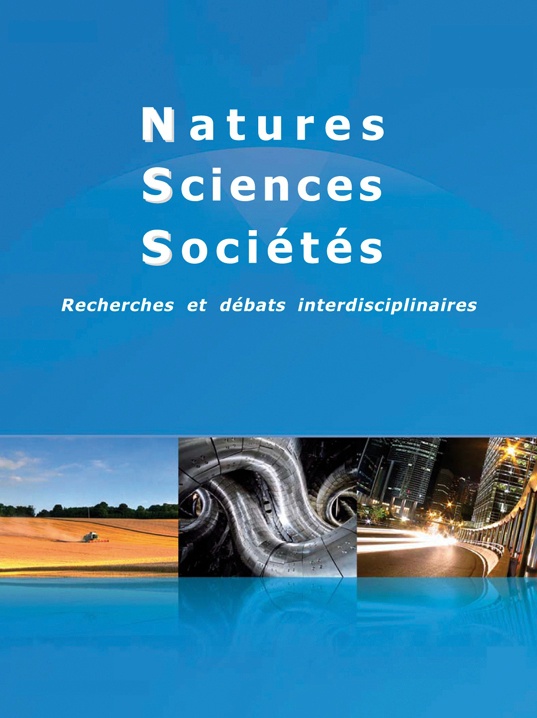Document type: scientific article published in Natures Sciences Sociétés
Author: Pierre Le Neindre
Preview (from the author): The author uses his experience as an applied ethologist at the French National Research Institute for Agriculture, Food and Environment (INRAE) over the past fifty years to discuss the changes in our understanding of animal behaviour and, particularly, of animal welfare. When he started working in the '70s, ethology was a tool for designing new systems to improve production in domestic animals. Little by little, the animal itself became the target of studies due partly to developments in knowledge and understanding of animals, yet chiefly to the increasing importance the general public attached to their quality of life. The first target was to minimize pain and suffering linked to the husbandry systems. Then animal pleasure became the main subject of concern. To achieve this aim, it became increasingly important to understand better the feelings of animals and their consciousness of what they experienced. Most of this work required multidisciplinary research networks and collective research teams.




